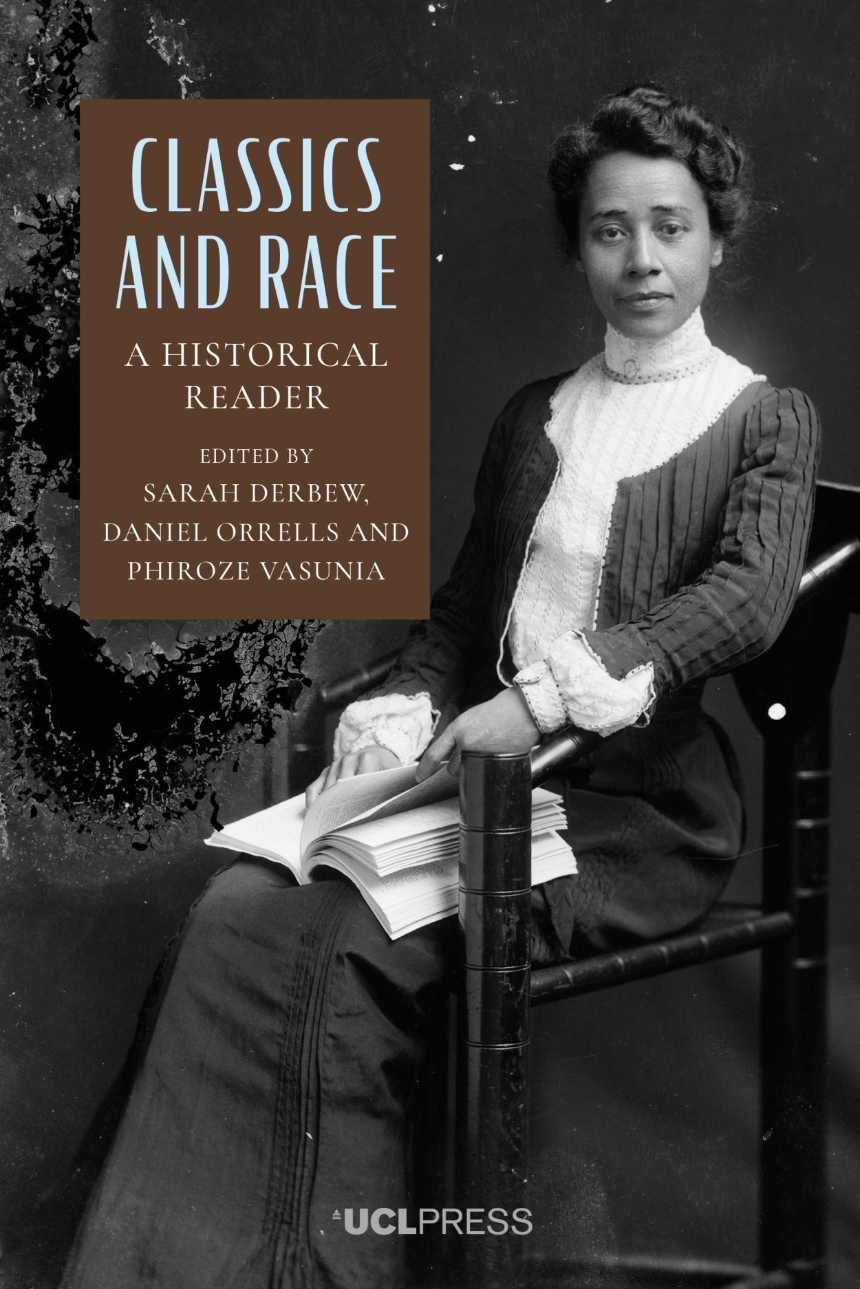Spanning centuries and continents, Classics and Race follows the entangled histories of classical studies and racial thought to show how ancient texts have been used to shape and justify ideas about race. This essential collection presents historical primary sources from the late medieval period to the mid-twentieth century, each paired with insightful essays by leading scholars who unpack their significance in shaping both racist and anti-racist ideologies.
Moving chronologically, the volume explores classical humanism in the Renaissance, the discipline’s ties to the transatlantic slave trade, and the global intersections of race and antiquity across Africa, Asia, the Caribbean, Europe, and North America. Rather than treating Classics as a neutral intellectual pursuit, this work demonstrates how the field has long been entangled in broader struggles over identity and power. More relevant than ever, Classics and Race offers a vital historical foundation for ongoing debates about the role of antiquity in shaping modern racial discourse.
492 pages | 10 halftones | 6.14 x 9.21
History: Ancient and Classical History
Literature and Literary Criticism: General Criticism and Critical Theory
Table of Contents
List of figures
List of contributors
Acknowledgements
Introduction
Sarah Derbew, Daniel Orrells and Phiroze Vasunia
Part I: Contestations of race
1 Kebra Nagast (Glory of the Kings, c. fourteenth century CE)
Sarah Derbew
2 Petrarch’s Africa (c. 1343)
Samuel Agbamu
3 Leo Africanus’ ’Cosmographia de l’Affrica’ (Cosmography of Africa, 1526)
Oumelbanine Zhiri
4 Bartolomé de las Casas’s Brevísima relación de la destrucción de las Indias (A Short Account of the Destruction of the Indies, 1552)
Christian Høgel
5 Juan Latino’s Ad Catholicum and Austriad (1573)
Mira Seo
6 The Florentine Codex (sixteenth century) edited by Fray Bernardino de Sahagu´n
David Tavárez
Part II: Race and the Enlightenment
7 Jacobus Elisa Johannes Capitein’s De servitute, libertati christianae non contraria (Is slavery compatible with Christian freedom or not?, 1742)
Grant Parker
8 Johann Joachim Winckelmann’s Geschichte der Kunst des Alterthums (History of the art of antiquity, 1764)
Daniel Orrells
9 Phillis Wheatley’s Poems on Various Subjects, Religious and Moral (1773)
Tracey Walters
Part III: Naming histories of race
10 Jules Michelet’s Histoire Romaine (Roman history, 1831)
Mathilde Cazeaux Marty
11 Thomas Staunton St Clair’s A Soldier’s Recollections of the West Indies and America (1834) and Matthew Gregory Lewis’s Journal of a West-India Proprietor (1816–8)
Margaret Williamson
12 Luiz Gama’s Primeiras Trovas Burlescas de Getulino (First burlesque ballads by Gaetulian, 1861)
Andrea Kouklanakis
13 Anna Julia Cooper’s A Voice from the South (1892)
Shelley Haley
14 Mohandas Karamchand Gandhi’s Works (1894–1909)
Phiroze Vasunia
15 Pauline Hopkins’ Of One Blood: Or, the Hidden Self (1902–3)
Nicole A. Spigner
Part IV: Colonial and postcolonial meditations
16 Fanny Jackson Coppin’s Reminiscences of School Life, and Hints on Teaching (1913)
Shelley Haley
17 Tenney Frank’s ’Race Mixture in the Roman Empire’ (1916)
Denise Eileen McCoskey
18 Claude McKay’s Home to Harlem (1928) and Banjo (1929)
Justine McConnell
19 Nguy?n M?nh Tu?ng’s Sourires et larmes d’une jeunesse (Smiles and tears of youth, 1937)
Kelly Nguyen
20 Sigmund Freud’s Moses and Monotheism (1939)
Richard Armstrong, Miriam Leonard, and Daniel Orrells
21 Mary Church Terrell’s A Colored Woman in a White World (1940)
Emily Greenwood
22 C.L.R. James’s Every Cook Can Govern: A Study of Democracy in Ancient Greece, Its Meaning for Today (1956)
Matthew Quest
23 Martin Luther King Jr.’s Letter from a Birmingham Jail (1963)
Patrice Rankine
Afterword
Sarah Derbew
Index

